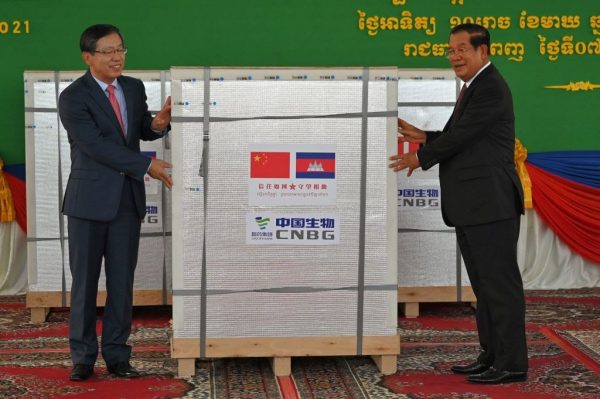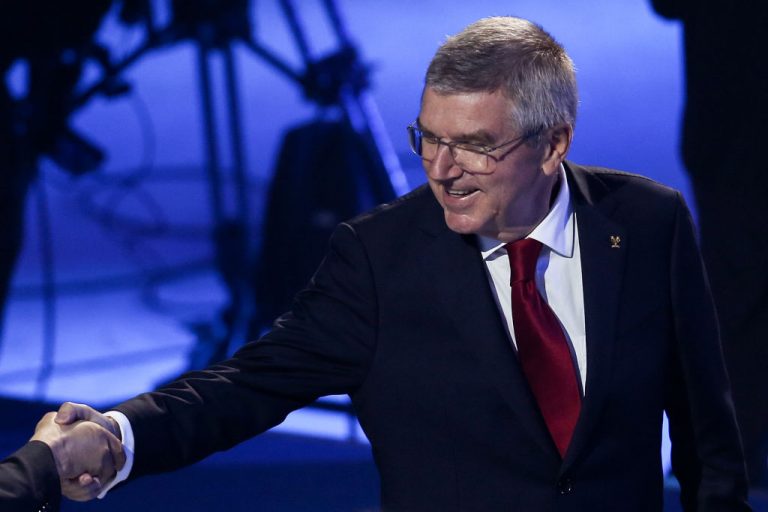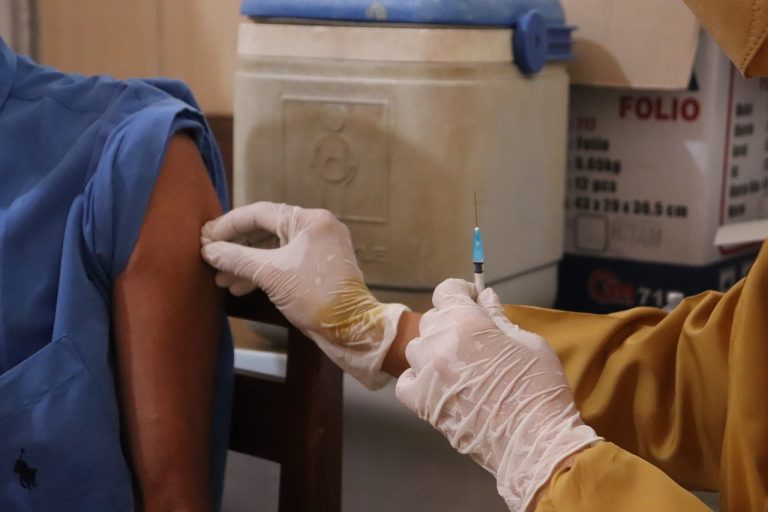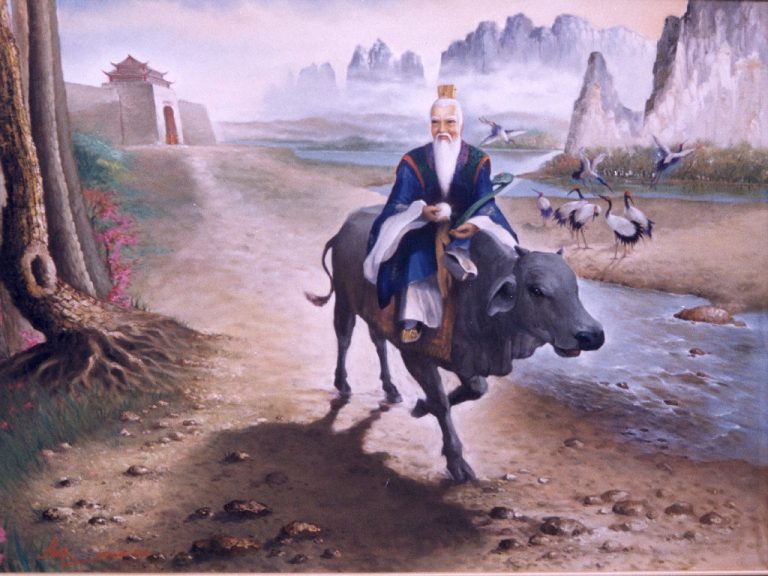The International Olympic Committee (IOC) has made a deal with the Chinese Communist Party (CCP) to purchase and supply China’s state-owned Sinopharm and Sinovac vaccines to Olympic athletes at the coming July Tokyo Olympics and the 2022 Winter Olympics in Beijing. Olympic vaccines up the ante on the Communist regime’s global vaccine diplomacy efforts.
IOC President Thomas Bach said he was “grateful for this offer” from the CCP, calling it the “true Olympic spirit of solidarity,” during an online meeting.
The IOC will be paying China for the Olympic vaccines, adding that it will purchase two additional doses for each jab used by an Olympic athlete, donating the excess to the athlete’s country.
The CCP has faced increasing international pressure and scrutiny over its genocide and rape of Uyghur Muslims, its actions to replace democracy with communism in Hong Kong, and its forced organ harvesting of Falun Gong practitioners, Muslims, and other prisoners of conscience in China.
However, Bach, who was re-elected as President of the IOC this week, has gone on the record opposing a boycott of the CCP during the Games. In a July 2020 speech he gave in Switzerland, he said “Boycotts and discrimination because of political background or nationality are once again a real danger.”
Success
You are now signed up for our newsletter
Success
Check your email to complete sign up
“A sporting boycott only punishes the athletes of the boycotting country and deprives their people of sharing in the success, pride and joy of their Olympic team,” he said, arguing that those who want a boycott “just do not want to learn anything from history.”
The report said the efficacy of Sinopharm’s Wuhan-made vaccine is 33.3 percent, and Sinopharm’s Beijing-made vaccine is 11.5 percent
Head of Peru’s National Institute of Health Ernesto Bustamante regarding the CCP’s Sinopharm and Sinovac Olympic vaccines
Bach, an athlete himself who won a gold medal in fencing in the 1976 Olympics, missed his chance to defend his crown due to the Cold War boycott of the 1980 Moscow Olympics in the United Soviet Socialist Republic. “The only political effect the boycott of 1980 had was to trigger the revenge boycott of the following [Los Angeles] Olympic Games,” he said.
At a news conference the same day in July, Bach was asked if he had challenged Beijing on its human rights issue. He said he will only discuss “whatever is related to the Olympic Games” with the Party.
James McLeod, an IOC official who works with Olympic officials in developing nations, said “This offer will really only apply to (national Olympic committees) in territories where the Chinese vaccination has been approved by their national health authorities.”
Japan’s Olympic Minister, Tamayo Marukawa, said that the Chinese vaccines, which are inactivated virus vaccines manufactured by state-owned Sinopharm and Sinovac, are not approved for use in Japan and will not be given to Japanese athletes, adding that Japan has taken “comprehensive anti-infectious disease measures for the Tokyo Games” in order to not require vaccination for participation in the July Olympics.
China’s vaccine diplomacy more than Olympic vaccines
China’s vaccine diplomacy ambitions have been in full swing. Ministry of Foreign Affairs spokesperson Wang Yi said during a press conference at the CCP’s Two Sessions, its annual conference, that the Party has exported its Sinopharm and Sinovac vaccines to 43 countries and donated it to 69 developing countries.

On March 7, the head of Peru’s National Institute of Health Ernesto Bustamante said in an interview with El Comercio that he had received the results of clinical trials on the Sinopharm jab from the Universidad Peruana Cayetano Heredia. “The report said the efficacy of Sinopharm’s Wuhan-made vaccine is 33.3 percent, and Sinopharm’s Beijing-made vaccine is 11.5 percent,” said Bustamante.
Despite this finding, Peru’s Foreign Ministry published a statement on Twitter claiming that the efficacy of the Sinopharm vaccine was more than 79 percent.
Brazil’s state-funded Butantan Institute released data in January showing the Sinopharm vaccine was 50.4 percent effective, just enough to qualify for authorization from the China-centric World Health Organization.
Peru joined the CCP’s globalist hegemony project, the One Belt One Road Initiative, in 2019, while Brazil was developing infrastructure with the Party and was lauded as a Belt and Road country in 2018 by the communist propaganda outlet China Daily.
Follow us on Twitter or subscribe to our email list







